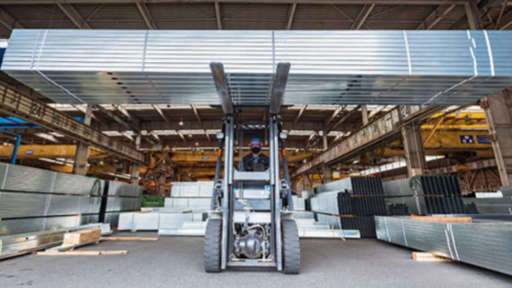Communication is a critical aspect of any society, and understanding the communication styles of different cultures is essential for successful interaction at . In Japan, cultural norms and values have had a significant influence on communication styles, which can be challenging for those not familiar with them. Japanese communication styles are characterized by indirect language, the use of non-verbal cues, and a strong emphasis on group harmony. Understanding these unique communication styles is crucial for anyone living or working in Japan. This article will explore the origins of Japanese communication styles, the importance of indirectness, non-verbal cues, and group harmony in Japanese communication, and provide tips for navigating these communication styles effectively.
Origins of Japanese Communication Styles
Japanese communication styles have their roots in the country's long-standing cultural norms, which emphasize group harmony and a strong sense of social hierarchy. These cultural values are reflected in the way that Japanese people communicate with one another, which often involves indirect language and the use of non-verbal cues.
Indirectness
One hallmark of Japanese communication is its indirectness. This can take many forms, including using euphemisms, avoiding saying "no" directly, and using vague or ambiguous language. For example, instead of saying "no" outright, a Japanese person may say "that may be difficult" or "let me think about it." This is intended to soften the blow and maintain group harmony, as being too direct or confrontational is generally considered impolite.
Non-Verbal Cues
Non-verbal cues are also an essential aspect of Japanese communication. This can include facial expressions, gestures, and tone of voice. For example, a nod of the head or a smile can indicate agreement, while a frown or a pause can indicate disagreement or discomfort. The tone of voice can also convey a lot of meaning in Japanese communication. A high-pitched tone can indicate friendliness or enthusiasm, while a low-pitched tone can indicate formality or seriousness.
Group Harmony
Group harmony is another central aspect of Japanese communication. In Japanese culture, the group is often prioritized over the individual, and maintaining group harmony is essential. This means that communication is often geared towards avoiding conflict and preserving relationships. This can sometimes result in indirect or vague language, as well as a reluctance to express individual opinions or ideas that may disrupt the group dynamic.
Tips for Navigating Japanese Communication Styles
Navigating Japanese communication styles can be challenging, especially for those who are used to more direct or explicit forms of communication. However, there are several strategies that can be helpful when communicating with Japanese people.
Listen Carefully
Listening carefully to what is being said, as well as paying attention to non-verbal cues, can be crucial for understanding the meaning behind Japanese communication. This can involve taking note of changes in tone of voice, facial expressions, and body language.
Ask for Clarification
If something is unclear or ambiguous, don't hesitate to ask for clarification. Japanese people are generally receptive to questions and are often happy to provide more information or explanation.
Be Patient
Japanese communication can sometimes take longer than expected, as people may take time to carefully consider their words and avoid causing offense. Being patient and allowing for a slower pace of communication can be essential for building positive relationships.
Be Respectful
Respect for hierarchy and group harmony is a central aspect of Japanese communication. Being respectful and deferential to those in positions of authority, as well as maintaining a polite and friendly demeanor, can be essential for successful communication.
Learn the Language
Learning Japanese language can be one of the most effective ways to understand Japanese communication styles. By speaking the language, you can better pick up on nuances in tone and language and respond appropriately.
In conclusion, Japanese communication styles are unique, and understanding them is essential for anyone living or working in Japan. By paying attention to non-verbal cues, being patient and respectful, and learning the language, it is possible to navigate Japanese communication styles effectively and build positive relationships.
















